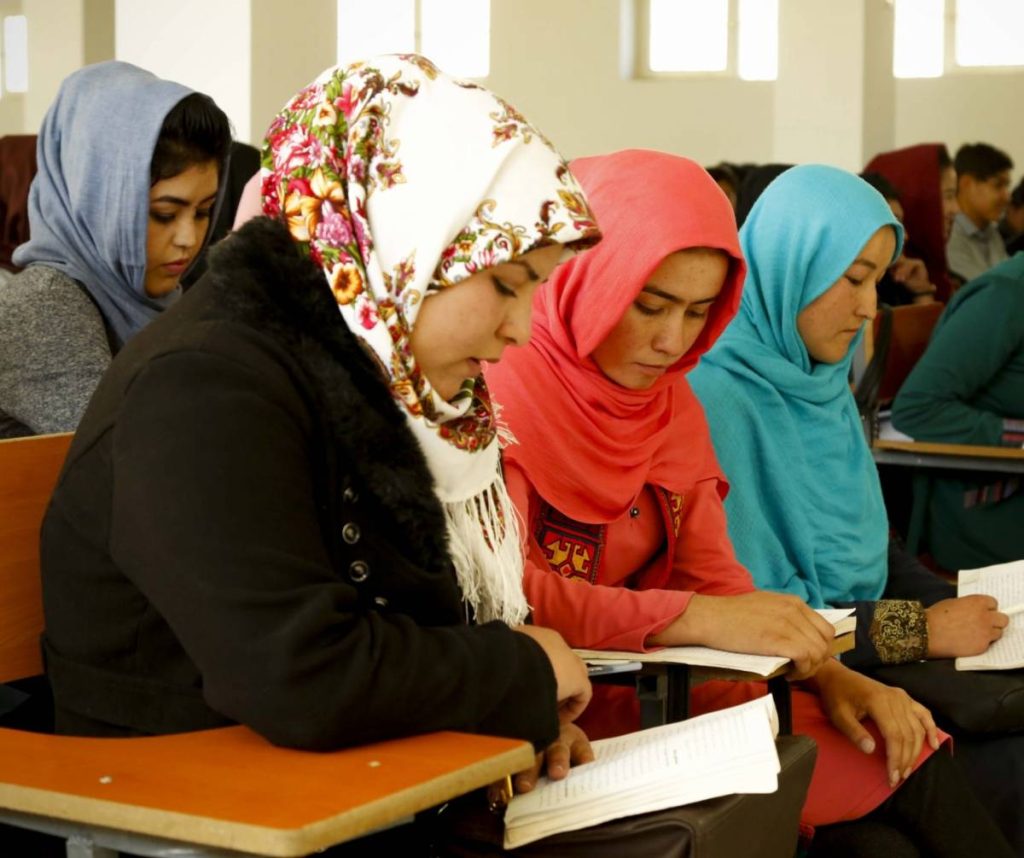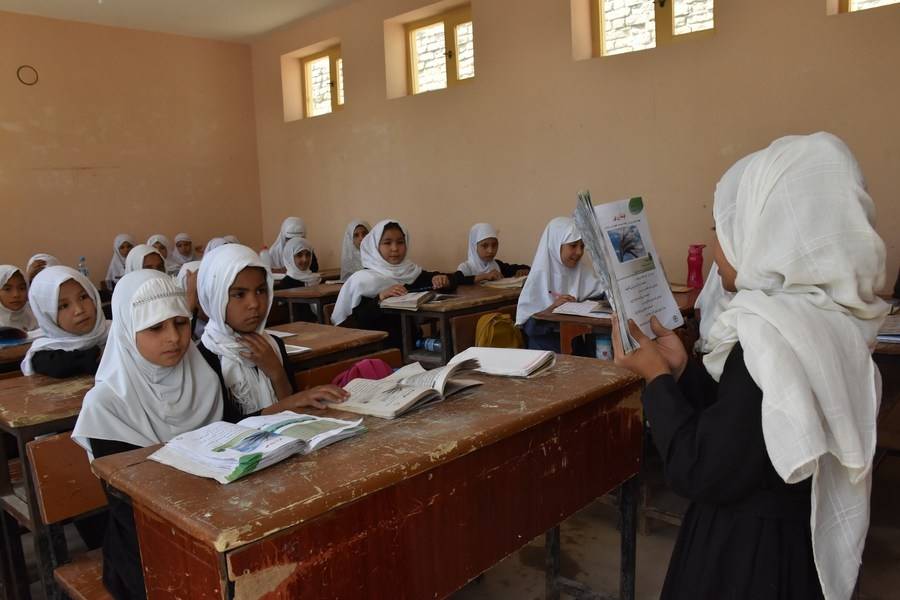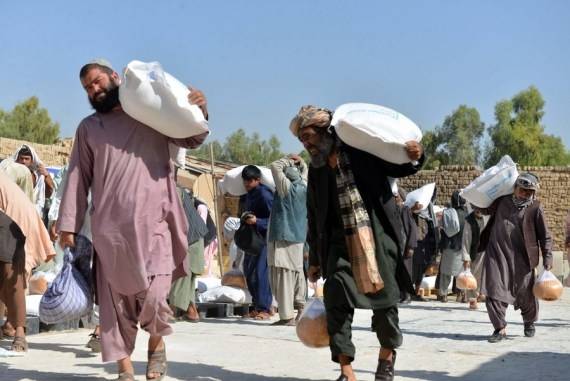“An estimated $1 billion dollars is urgently required by organisations working in the education sector,” official said…reports Asian Lite News
Education Cannot Wait (ECW), which sent the first all-women mission to Afghanistan since the Taliban takeover, on Thursday appealed to donors to significantly increase financial support for a robust collective humanitarian-development nexus response, including urgent funding for education.
This includes urgent scaled up funding to UN agencies and NGO partners delivering life-saving education to vulnerable children and adolescents on the ground.
Amid an escalating health and nutrition crisis for children, with cold winter temperatures dropping quickly, a national economic meltdown, and the impacts of prolonged drought and years of conflict, the World Food Programme (WFP) has warned that over half the population in Afghanistan — 23 million people — will struggle to put food on the table during the upcoming winter; the largest number ever recorded.

Additionally, nearly 10 million girls and boys depend on humanitarian assistance to survive. All this against a backdrop of two decades of development programming severely impacted in the past two months.
“Salaries have not been paid for months, money and goods are no longer circulating in the country, entire communities and families have lost their livelihoods and struggle to make ends meet. Those who suffer the brunt of this acute crisis are the most innocent and vulnerable: girls, boys, adolescents and youth,” said ECW Director Yasmine Sherif.
“UN member states, donors and humanitarian organizations, as well as crisis-sensitive development organisations, must remain engaged and act together now to support children, teachers, educators and the Afghan people — with education at the center of the response — because education is their future and the future of the country.
“An estimated $1 billion dollars is urgently required by organisations working in the education sector,” she added.
The ECW, hosted by Unicef, is the global fund for education in emergencies and protracted crises.

While the majority of schools were closed in Afghanistan during 2020-2021 due to the Covid-19 pandemic, most primary schools for both girls and boys have reopened since the takeover of power in August.
According to UN and NGO partners on the ground, with regards to secondary education, girls’ education has resumed in some provinces to date.
“For the millions of children living through the turmoil of today’s Afghanistan, education and learning is a lifeline that must be supported. Not only does it give girls and boys the tools to lead a healthy and productive life, but it also keeps them protected and safe,” said Alice Akunga, Unicef’s Deputy Representative in Afghanistan.
“We are asking the international community to come together to prevent the collapse of the education system and safeguard the gains made for children over the past two decades.”
During her three-day mission, Sherif met the de facto authorities in Kabul, stressing the importance of increasing access to quality education for all children, with an emphasis on adolescent girls, throughout the country.

Sherif also visited a girls’ school in Kabul and met with a wide range of education partners, including the UN-SRSG, UN agencies, international and national civil society organisations, and members of the education in emergency working group to take stock of the situation on the ground and identify additional opportunities to expand ECW emergency education investments and scaled up funding for UN and NGOs in the education sector.
Working with a direct execution modality through UN agencies and civil society organisations, ECW has been supporting the delivery of education programmes for the most vulnerable girls and boys in Afghanistan since 2018.
To date, ECW has invested $45 million to support the education of girls, boys and adolescents in Afghanistan. This includes $36 million for the first Multi-Year Resilience Programme (of which $24 million has already been disbursed), previous First Emergency Response grants of $4.6 million, and a recent First Emergency Response grant of $4 million in response to the recent escalating needs.














